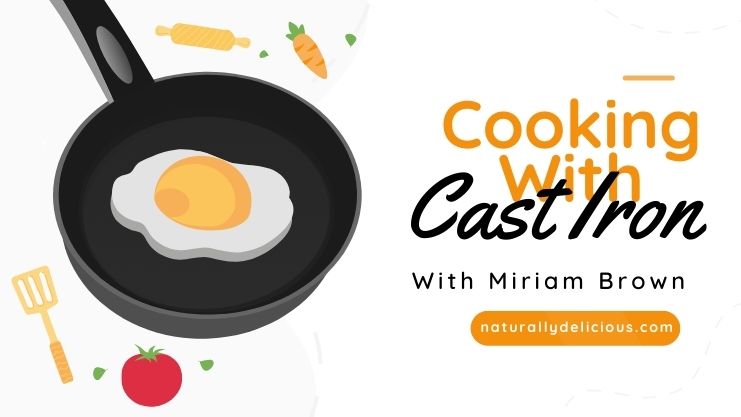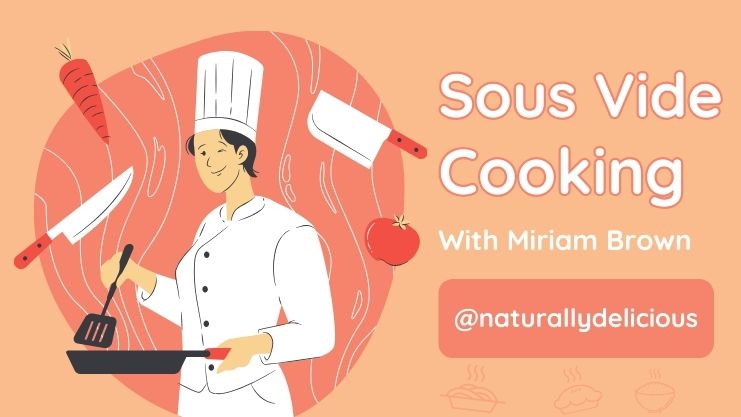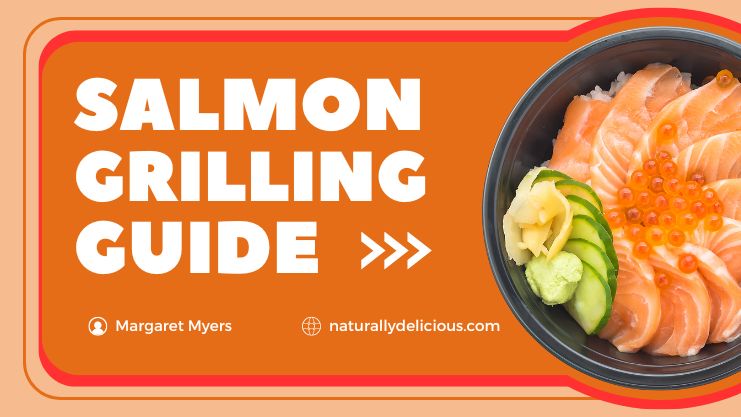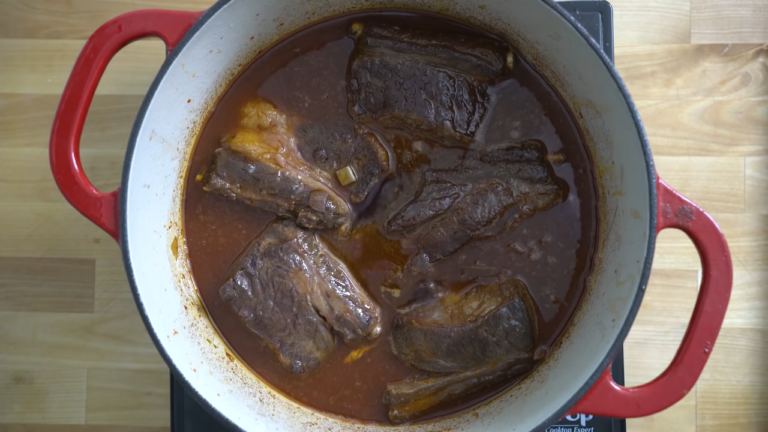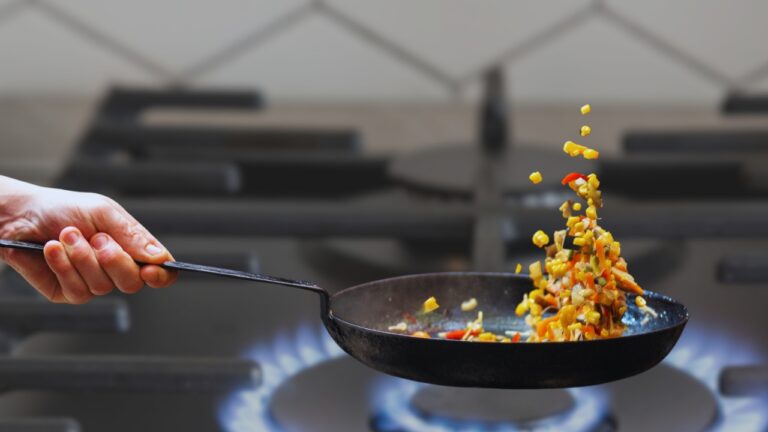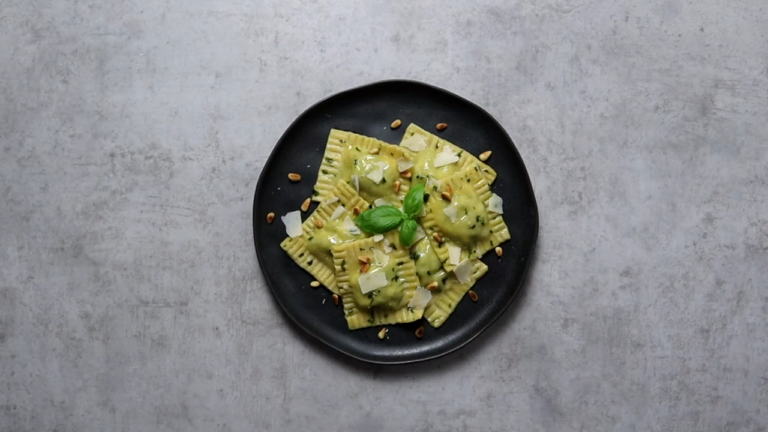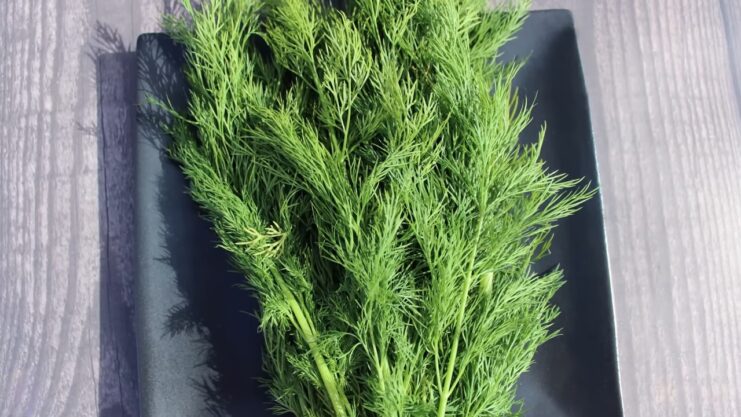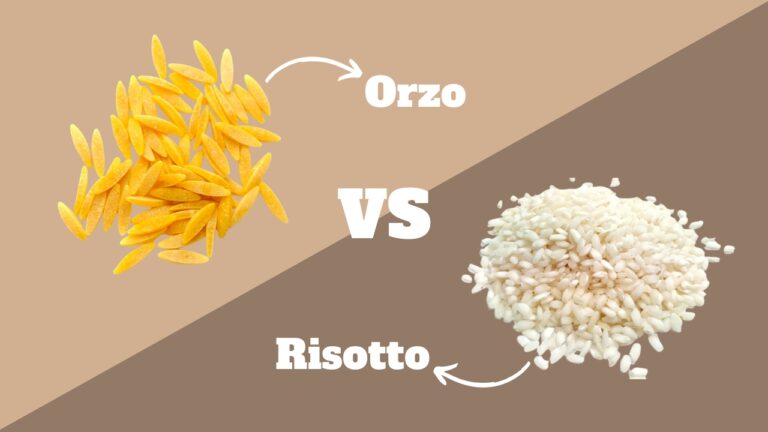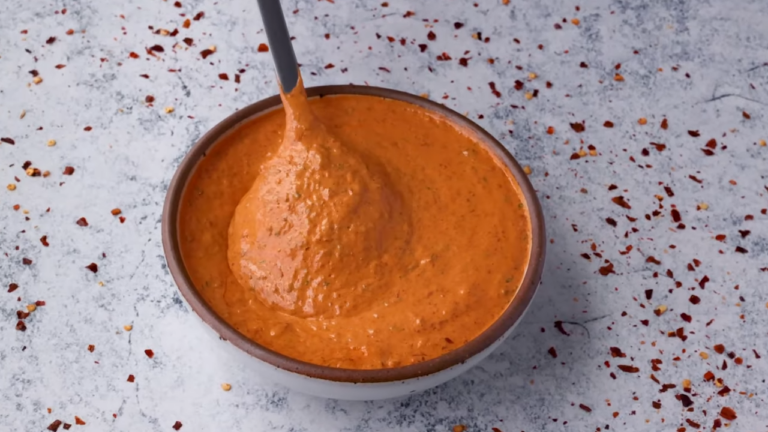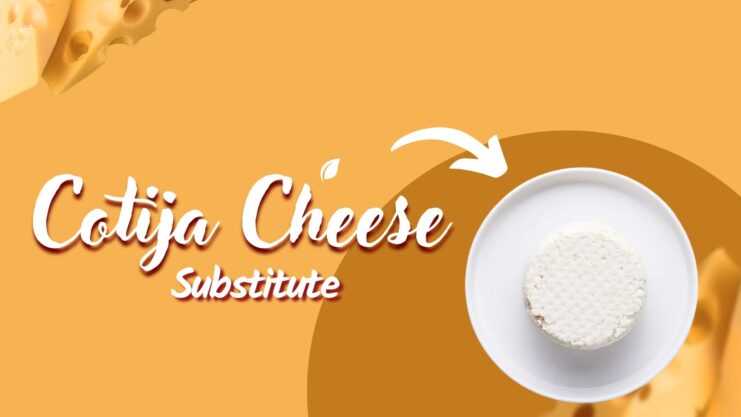You know that dill taste, right? It is a little bit sweet, a little bit bitter, and has a totally unique flavor. But what if you’re out of dill for a recipe or just don’t like how it tastes? Been there before, it’s the worst!
Good thing there are options, though. Sometimes, we gotta switch things up whether we want different flavors or just ain’t got the ingredients. That’s where this guide comes in handy.
Rather than boring old dill, we’ll check out some fun substitutes. I know you’re tired of the same old herbs, so let’s shake things up!
1. Tarragon
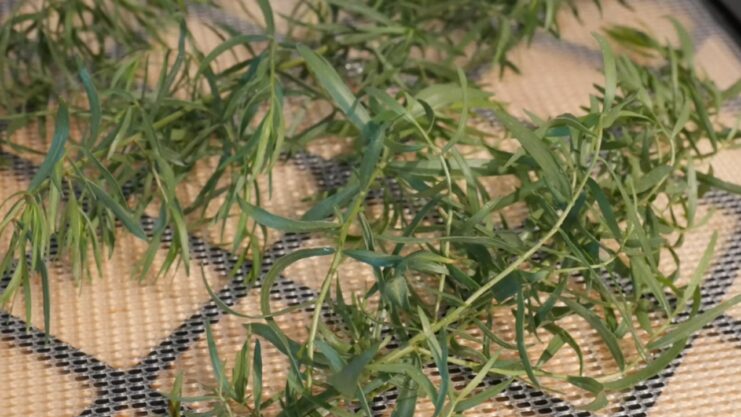
First up on my list is tarragon. This little herb packs some interesting flavors – it’s a bit bitter but also sweet and smells kinda like black licorice. No surprise, it’s big in French cooking, in things like chicken dishes, sauces, and, believe it or not – pickles!
You can use tarragon fresh or dried. It works really well in foods that need that sweet-bitter taste to make things more complex. Just a little bit of it adds lots of layers to whatever you cook.
Speaking of pickles, have you tried tarragon in them before? It gives them a nice twist instead of just plain old dill flavor. The licorice taste stands up to the vinegar but doesn’t cover up the veggie taste.
One thing to watch with tarragon – a little goes a long way since it’s strongly flavored. Start with just a pinch and add more to taste. Also, different types of tarragon have varying strengths. Be sure to experiment with French, Russian, or Mexican variations to see which best fits your palate.
2. Fennel
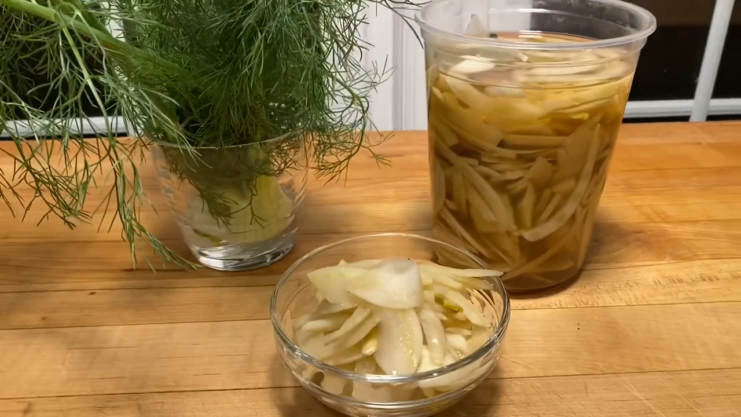
Fennel is another great sub for dill that you should know about. It’s got that cool licorice taste and smells amazing as well. The fennel fronds look a lot like dill leaves, so you can use them the same way in all sorts of meals.
When you’re making pickles, fennel will give you a nice flavor without overpowering the other stuff. It’s super delicate and only a little sweet and anise-y, so it adds some freshness to the brine. Mix it with vinegar, and boom, the flavors all come together perfectly for your pickled veggies.
You can also throw in fennel seeds instead of dill seeds in recipes. They work great in bread, stews, and pickles, of course. The seeds put that unique taste into the brine, with some warmth and sweetness.
One thing to watch out for with fennel – that licorice is stronger than dill. So go easy on it at first until you know how much your dish needs. Start small and taste as you go, that way the awesome fennel flavor really stands out without messing up the balance.
3. Thyme
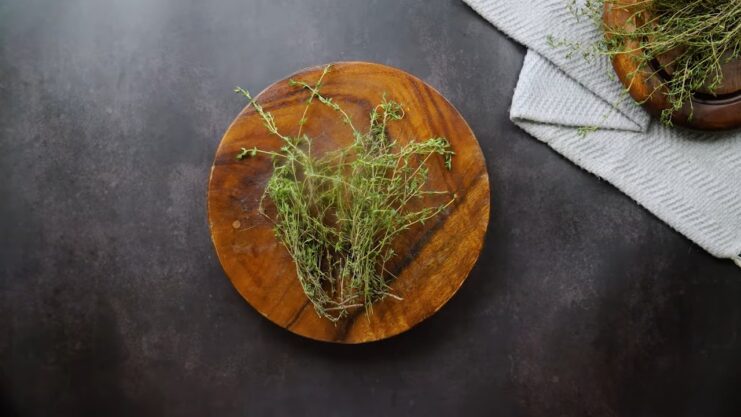
Thyme has a pretty subtle smell, but don’t let that fool you – it packs some serious flavor power. Just a tiny pinch is all you need to add some serious zing to your grub.
Put it in your pickles, and it gives them this awesomely fresh and earthy taste. The tartness of the vinegar really sings when combined with thyme’s woodsy notes. And believe me, these pickles will wake up your taste buds better than a triple-shot espresso!
Thyme’s tanginess also plays nicely with soups and stews. It adds some depth and warmth that can really bring out the flavors in veggies and meats. Root veggies like carrots really shine with thyme’s subtle citrus flavor – it’s like they were made for each other!
4. Parsley
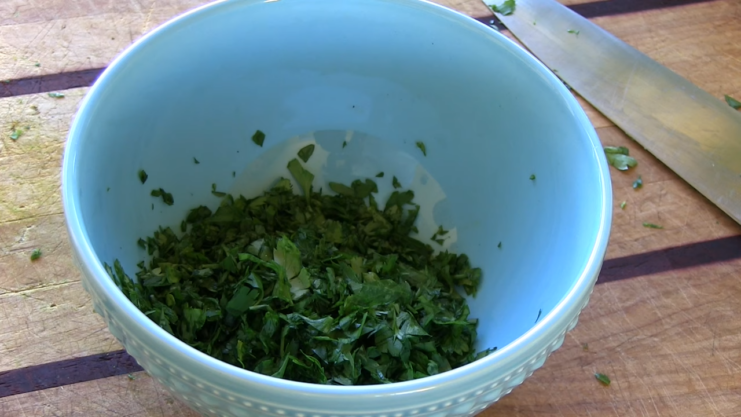
Parsley taste is a bit weaker than dill. Throw it in salads, sauces, or whatever you’re making, and it can add a bit of freshness.
If you’re into pickling, parsley is a sneaky way to make your jar of veggies seem more interesting. The flavor won’t knock your socks off, but at least the other flavors can shine without dill overpowering everything. Chop it up and dump it in the brine, or just sprinkle it on top.
There’s curly parsley and flat-leaf parsley, also called Italian parsley. Both will fool people into thinking you used dill if they’re not paying attention. Flat leaf is more bold so use that if you want your food to have a stronger taste. It pairs well with garlic, lemon, and olive oil for Mediterranean vibes.
When you’re deciding how much parsley to scam people with, think about textures, too. Dill looks nice and feathery, but curly parsley can fake that look if you squint real hard.
5. Rosemary
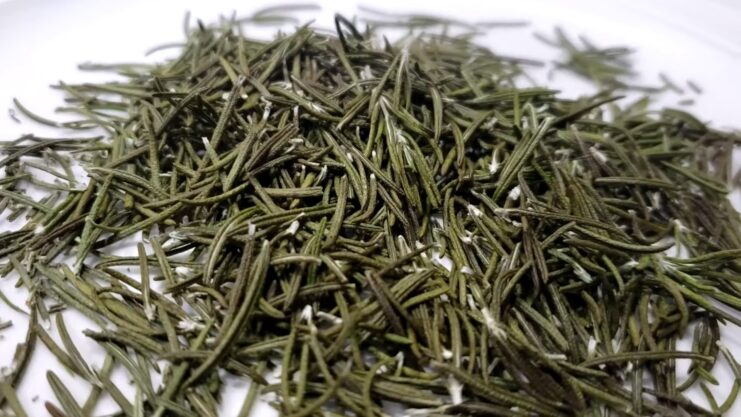
Rosemary has that piney smell and a little bit of lemon, too. Really gives your food an unusual taste. If you want something different from the usual flavors, rosemary is perfect.
Rosemary also works great in pickles. Its strong plant flavor really stands out from the salty brine, and the woodsiness goes so well with crunchy veggies like carrots and potatoes – what a combo!
Now I gotta warn ya, rosemary is potent. Use just a little, or it’ll overpower everything. Fresher is better, but dried gets the job done, too. The only thing that is dried is more concentrated, so take it easy on the amount.
As far as the dishes go, it seriously upgrades roasted meats, grilled veggies, even bread.
6. Basil
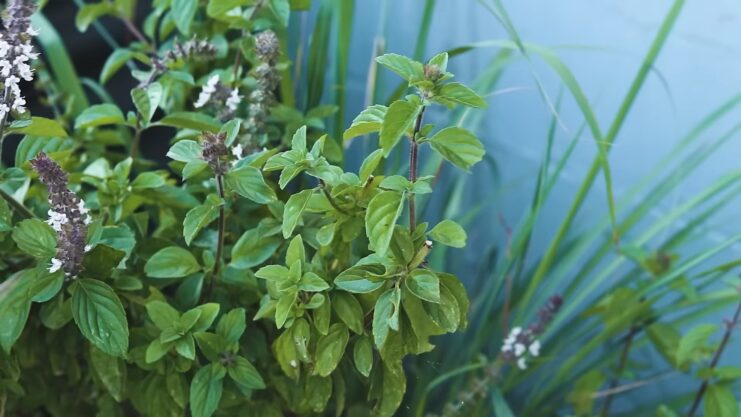
Basil can usually be found in Mediterranean and Asian foods, and it gives a nice little twist if you use it instead of dill.
Now pickles. We all know pickles are sour, right? Well, throw some basil in there, and it evens things out really nicely. It adds some sweetness to cut through all that vinegar, and it gives your pickles a much better flavor than just plain old cucumbers sitting in liquid. That smell and taste mix together with the sour for a real mouth party.
But not all basil is the same. There are different kinds with different tastes. The most common is sweet variation. That works with pretty much anything. Now Thai basil, that’s got more of a licorice taste. So use that if you want an Asian vibe.
My advice? Try out a few different kinds and see which one you like best for your dish. And watch out – basil bruises easily. So don’t add it too soon when cooking. Throw it in at the end, or use it as a garnish. That way, it keeps its good looks and strong flavor.
When to Skip Dill or Its Substitutes
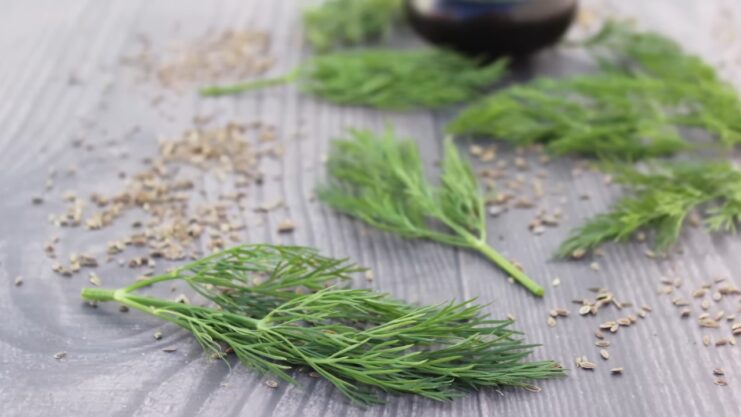
While there are many possible substitutes, there may be occasions where it’s better to simply skip the dill or any substitute. This could be the case in dishes where this herb is the star ingredient or when the flavor of the dish hinges on its unique taste.
For instance, if you’re making a classic dill sauce or a dill-centric salad, omitting it or substituting it may significantly alter the intended flavor profile. In such cases, it’s advisable to choose a different recipe that doesn’t require the herb instead of trying to substitute it.
Summary
Although dill is often a go-to flavor for different dishes, variety is the spice of life, my friend! Each little green thing you throw in that pot is gonna put its own spin on things.
Now, don’t get me wrong, dill’s delicious. But if you’re looking for a change-up, you got options coming out the wazoo. Tarragon, fennel, thyme – you know the drill. Then there’s parsley, rosemary, basil, or just straight-up dill seeds. Feeling creative? Mix a bunch together!
And hey, if you’re out of chipotle paste, try experimenting with smoked paprika, adobo sauce, or even a touch of harissa for that spicy kick.
Only one way to find what you and your tastebuds are really loving. Throw a pinch of this and that in there and see how it treats you. Like it? Use more next time. Not? Chuck it in the garbage and try something new. Cooking is all about playing around, right?

